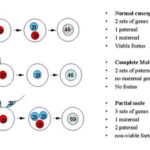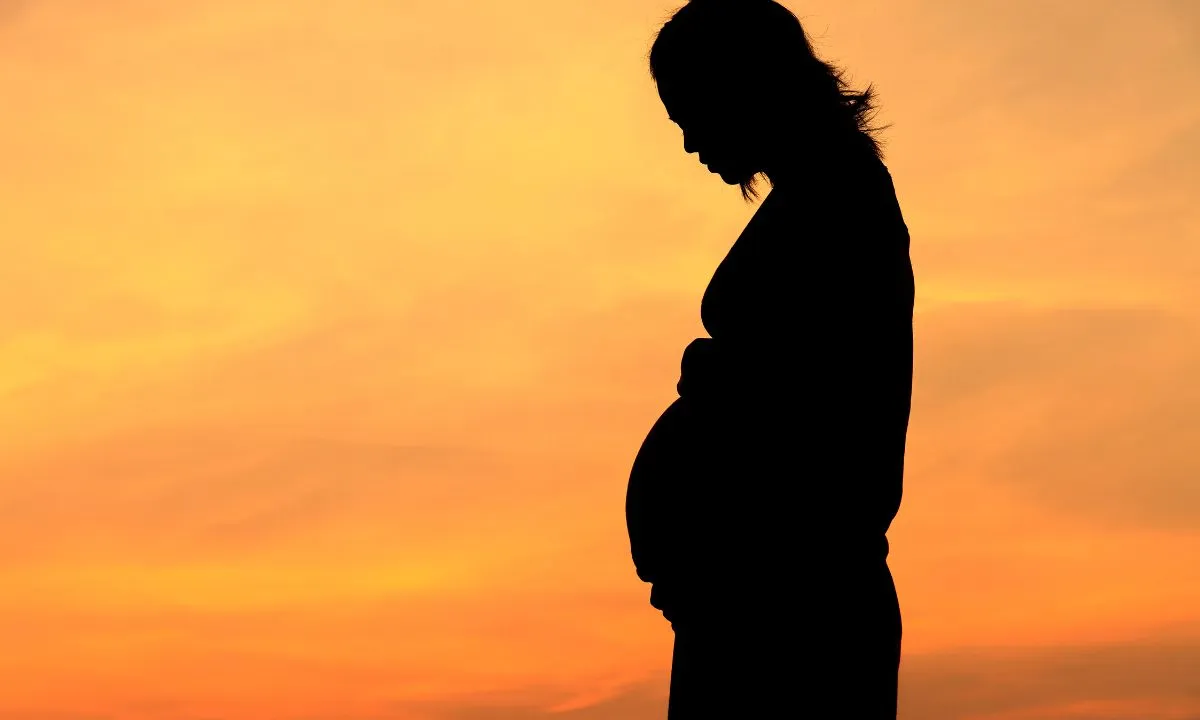
This is supposed to be a blissful time filled with anticipation and joy. But what if a shadow of worry falls across your sunshine? Sexually transmitted infections (STDs), particularly those affecting the anal region, can be a major concern during pregnancy.
Why? Because anal STDs can pose serious health risks for both you and your developing baby. They can increase complications during delivery and even lead to health problems down the line. This is why knowing the warning signs is crucial.
This article is your guide to spotting the telltale symptoms of anal STDs during pregnancy. By understanding these red flags, you can seek prompt treatment and take charge of your health – and your baby’s. Remember, early detection is key!
Related: Symptoms and Management of HPV During Pregnancy
Why Anal STDs During Pregnancy Matter
Anal STDs pose a unique risk during pregnancy for both mother and baby because:
- Silent Spread: Many anal STDs often have no noticeable symptoms. This means a pregnant woman might be unaware of an infection, delaying treatment and potentially harming the developing baby.
- Increased Delivery Complications: Some STDs can inflame the cervix or rectum, making vaginal delivery more difficult and risky. In some cases, a C-section might be necessary.
- Transmission to Baby: Untreated STDs can be passed from mother to child during pregnancy, childbirth, or breastfeeding. This can lead to serious health problems for the baby, including:
- Birth defects: Some STDs can interfere with the baby’s development, causing birth defects like blindness or heart problems.
- Premature birth: STDs can trigger early labor and delivery, increasing the risk of health complications for the baby.
- Low birth weight: Infections can impact the baby’s growth in the womb.
- Serious illness: Depending on the STD, the baby might be born infected and require immediate treatment.
Related: STDcheck.com Review: Confidential Testing & Fast Results (2024 Update)
CDC STD Testing Recommendations for Pregnant Women
| STD | CDC Recommendation |
|---|---|
| HIV | Screen all pregnant women at first prenatal visit (opt-out). Retest in 3rd trimester if at high risk. Rapid testing at delivery if not previously screened. |
| Hepatitis B (HBV) | Screen all pregnant women at first prenatal visit. |
| Hepatitis C (HCV) | Screen all pregnant women at first prenatal visit. |
| Syphilis | Screen all pregnant women at first prenatal visit. Retest at 28 weeks gestation and at delivery if high risk. |
| Chlamydia | * Screen all pregnant women under 25 years old at first prenatal visit. * Screen older pregnant women at increased risk (new or multiple sex partners, sex partner with concurrent partners, sex partner with STI) at first prenatal visit. * Re-screen at 3rd trimester if under 25 or at continued high risk. |
| Gonorrhea | Screen all pregnant women under 25 years old and older pregnant women at increased risk at first prenatal visit. Re-screen at 3rd trimester for high-risk women. |
Related: 24 Must-Have Pregnancy Apps To Download During Pregnancy
Common Anal STDs in Pregnancy
Anal sexually transmitted diseases (STDs) are unfortunately common during pregnancy. This is especially true for certain viral infections. Some of the most prevalent anal STDs that can impact pregnant women include:
1. Chlamydia
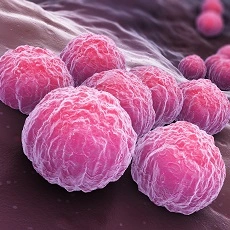
- Silent Culprit: Often symptomless, making it easy to miss during pregnancy.
- Pregnancy Risks: Chlamydia can increase the risk of premature birth and low birth weight. In rare cases, it can cause an eye infection in the newborn.
2. Gonorrhea
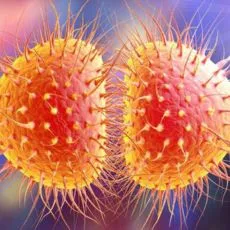
- Symptoms to Watch For: Burning sensation during urination, vaginal discharge, and pelvic pain.
- Pregnancy Risks: Similar to Chlamydia, gonorrhea can lead to premature birth, low birth weight, and eye infections in the newborn.
3. Human Papillomavirus (HPV)
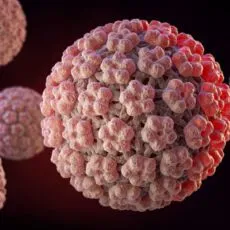
- The Long Game: HPV itself doesn’t cause immediate problems but certain strains can lead to cervical cancer and even anal cancer later in life.
- Pregnancy Considerations: Pregnant women should still get routine HPV screenings, but treatment options might be limited during pregnancy.
4. Herpes Simplex Virus (HSV)
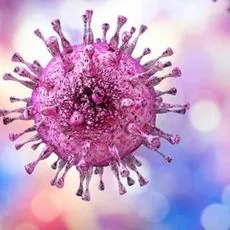
- Signaling Symptoms: Outbreaks with painful blisters around the genitals or rectum.
- Pregnancy Risks: Herpes can be passed to the baby during delivery, causing serious infections. Medication can help reduce this risk.
5. Trichomoniasis
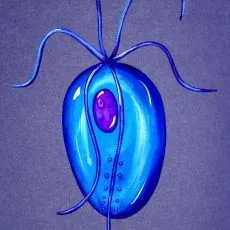
- Symptoms to Be Aware Of: Vaginal itching, burning, and abnormal discharge with a fishy odor.
- Pregnancy Risks: While not as severe as other STDs, Trichomoniasis might increase the risk of premature birth.
Related: Phexxi Vaginal Gel: The Birth Control Breakthrough You Can’t Afford to Miss!
Recognizing Symptoms of Anal STDs
Anal STDs can cause a variety of symptoms, both visible and non-visible. Being aware of the signs is crucial for prompt diagnosis and treatment.
Visible Symptoms
- Sores, bumps, or blisters around the anus – These may be small, red, painful bumps or larger, open sores. They are caused by viruses like herpes or HPV.
- Rashes or warts – Skin rashes can appear as red, scaly patches. Warts are small, fleshy bumps caused by HPV.
- Discharge – Gonorrhea and chlamydia can cause yellow, white, or green anal discharge and mucus. This may also contain blood.
Non-Visible Symptoms
- Itching, burning, and soreness – Even without visible symptoms, many STDs cause irritation around the anus. This discomfort may be worse during bowel movements.
- Bleeding – Small amounts of blood from the rectum or on toilet paper may indicate an anal STD like herpes, gonorrhea, or chlamydia.
- Pain or discomfort – Some STDs like syphilis and gonorrhea can cause anal pain, though the anus appears normal. Bowel movements may be especially painful.
- Swelling and redness – The anal skin may become swollen, even without sores or discharge being present. The area also appears red.
Paying attention to any unusual symptoms can lead to early STD testing and treatment. This helps prevent complications for both mother and baby during pregnancy.
Related: 20 Things to Do After Discovering You’re Pregnant (with a Twist!)
When to See a Doctor For Anal STD
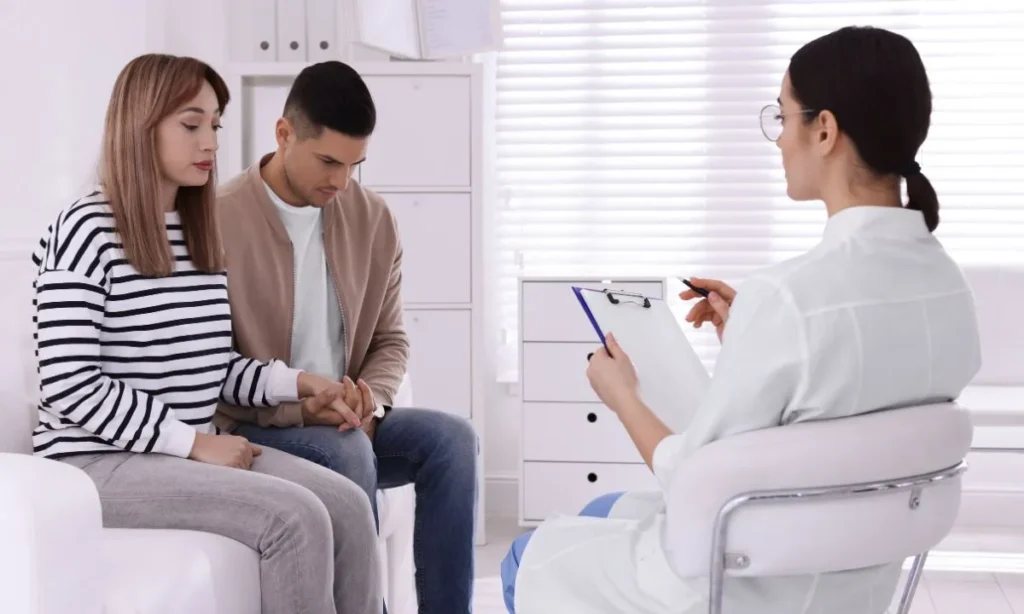
Pregnant women should see a doctor right away if they notice any symptoms of an anal STD. It’s crucial not to delay seeking medical attention. The sooner treatment begins, the lower the risks to both mother and baby.
Some of the key signs that warrant an immediate doctor visit include:
- Anal itching, burning, pain, or discomfort
- Swelling around the anus
- Bumps, sores, rashes, or growths around or inside the anus
- Unusual anal discharge or bleeding
- Painful bowel movements or difficulty passing stool
- Unexplained fever or flu-like symptoms
Do not wait and hope symptoms will go away on their own. The infections can rapidly spread and lead to complications. Quick diagnosis and treatment are essential to curing anal STDs and preventing lasting harm.
Discuss any suspicions of an anal STD openly and honestly with a doctor. They have seen and treated these conditions many times before. There is no reason to feel embarrassed. The most important thing is getting proper care as soon as possible.
Early intervention can help avoid problems like infertility, chronic pain, cancer, and transmission to a child during pregnancy or birth. Do not take chances with anal STD symptoms. See a doctor right away for testing and treatment. Both mom’s and baby’s health may depend on it.
Related: How To Do A parasite cleanse during pregnancy
Testing for Anal STDs
Getting tested is crucial for identifying and treating anal STDs during pregnancy. Here are some of the common diagnostic tests used:
- Cultures – A swab is taken from the infected area to collect discharge or fluid samples. These samples are then sent to a lab to test for the presence of bacteria or yeast that could indicate an STD. Cultures can identify infections like gonorrhea, chlamydia, trichomoniasis, and yeast infections.
- Blood tests – A blood sample is taken and tested for antibodies produced by the immune system in response to an STD. Blood tests can detect HIV, hepatitis B, syphilis, and sometimes herpes.
- DNA/RNA tests – Fluid or tissue samples are taken to detect the genetic material of pathogens like chlamydia, gonorrhea, HPV, or hepatitis B. These nucleic acid amplification tests (NAATs) are highly sensitive and accurate.
- Visual exams – Doctors can diagnose anal warts associated with HPV strains during a visual inspection of the anal area. They may apply diluted vinegar to highlight warts. An anoscopy instrument may also be used.
- Biopsies – A small sample of suspicious tissue may be taken and sent to a lab to test for cellular changes indicative of anal cancer caused by HPV.
Knowing the right tests to get can help pregnant women identify anal STDs early. This allows for prompt treatment to cure infections and reduce risks to maternal and fetal health.
Related: What Are 2 Best Female Sex Pills?
Treatment Options
The good news is that common anal STDs like chlamydia, gonorrhea, and trichomoniasis can be safely treated during pregnancy. Doctors typically prescribe antibiotics to treat these bacterial infections. Some common antibiotics used are:
- Azithromycin – Taken as a single dose, this is the preferred antibiotic for chlamydia during pregnancy. Studies have found it is safe and effective.
- Amoxicillin – Often used to treat gonorrhea, this penicillin-based antibiotic is considered safe throughout pregnancy.
- Metronidazole – For trichomoniasis, doctors often prescribe a single dose of this antibiotic, which is considered safe after the first trimester.
The key is prompt diagnosis and treatment. Left untreated, anal STDs can lead to complications or spread to cause vaginal infections. Thankfully, antibiotics can cure common STDs and prevent transmission to the baby during delivery.
Some doctors may recommend delaying treatment until after the first trimester as a precaution, unless symptoms are severe. Always discuss treatment options with your obstetrician. With the proper antibiotics, anal STDs can be managed safely during pregnancy.
Related: A Guide to Safe and Soothing Essential Oils During Pregnancy
Preventing Anal STDs
Practicing safe sex is crucial for pregnant women to avoid contracting anal STDs. Using condoms and dental dams during anal sex reduces the risk of transmission. However, the only way to fully prevent anal STDs is to abstain from anal intercourse while pregnant.
Getting vaccinated against HPV and hepatitis can also help prevent these infections. The HPV vaccine Gardasil protects against the strains most likely to cause genital warts and cancer. It’s recommended for girls and women under age 26. The hepatitis A and B vaccines provide protection against these viral infections that can spread through sexual contact. Stay up to date on all recommended vaccines.
In addition to safe sex and vaccines, limiting your number of sexual partners is important. The more partners you have, the higher your chances of exposure to STDs. Being in a mutually monogamous relationship with an uninfected partner is the safest approach.
Remember, many STDs don’t show symptoms. Get tested regularly and have partners tested too. Using condoms consistently and correctly reduces but doesn’t eliminate risk. The only sure way to avoid STDs is to not have anal sex while pregnant. Discuss options with your doctor and make informed choices to protect your health.
Related: How To Sleep With Rib Pain During Pregnancy
Living with an Anal STD
Getting diagnosed with an anal STD can be scary and overwhelming, especially during pregnancy. But with the right treatment and self-care, you can manage symptoms and avoid passing infections to your baby. Here are some tips for living well with an anal STD while pregnant:
Manage outbreaks. Work closely with your doctor to monitor outbreaks and get prescriptions to suppress symptoms. Take antiviral medications as prescribed to reduce the number of outbreaks. Avoid sex during active outbreaks to prevent spreading infection.
Practice good hygiene. Keep the anal area clean by gently washing with mild soap and water during a bowel movement or bath. Avoid scrubbing or using harsh soaps which can further irritate the area. Pat dry gently, or use a hairdryer on a cool setting.
Relieve discomfort. Take warm baths and apply cold compresses to relieve itching, burning and pain. Over-the-counter creams with zinc oxide or petroleum jelly can protect irritated skin. Avoid scratching lesions as it can spread infection.
Eat a balanced diet. Eat fruits, vegetables, whole grains and lean proteins. Stay hydrated to support healing. Take prenatal vitamins to support immune health. Managing stress and getting enough sleep also helps.
Use barriers. Use condoms or dental dams during sex to avoid spreading anal STDs to partners. This can also help avoid contracting other STDs.
Seek support. Don’t hesitate to lean on loved ones, join a support group, or see a therapist. Living with an anal STD can impact your self-esteem and mental health. Know you’re not alone.
With the right precautions and self-care, it’s possible to have a healthy pregnancy despite an anal STD diagnosis. Work closely with your doctor and don’t be afraid to ask questions. There are many resources available – you don’t have to go through this alone.
Related: Ultimate Pregnancy Skincare Routine Guide
Conclusion
Anal STDs might be pregnancy crashers, but you’re not powerless! By knowing the sneaky signs and getting tested regularly, you can turn them into a non-event. Remember, these infections often play hide-and-seek, so even if you feel perfectly fine, getting screened is crucial.
Think of it like building a force field around you and your baby! Early detection and treatment are your pregnancy superpowers. So, ditch the worry and embrace the power of knowledge. Schedule an appointment with your doctor today – your healthy pregnancy journey awaits!





